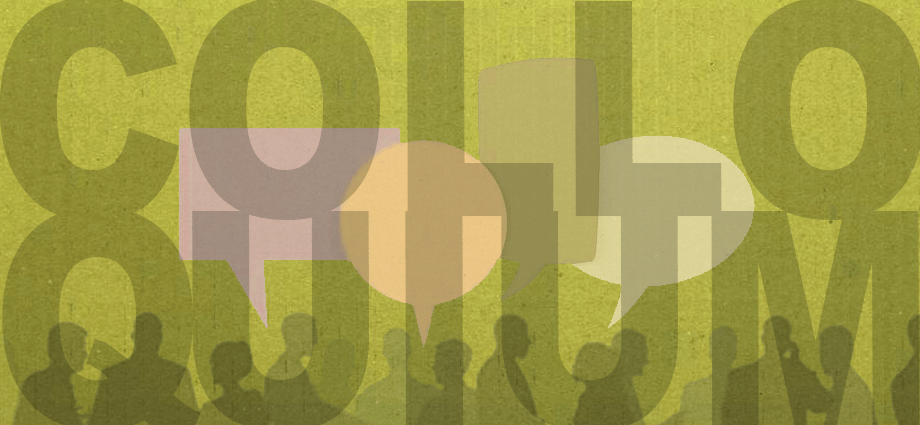The next EUSSET Colloquium is approaching! It will be held on the 9th of February, from 16:30 to 17:30 CET. In this colloquium we will focus on sustainability of the design of information technologies (ITs).
The colloquium will be facilitated by Ina Wagner, Vienna University of Technology, and Carla Simone, University of Milano-Bicocca. Below you find further information on the discussion topic.
Make sure to register by noon (CET) on the 8th of February 2023 if you would like to participate. You just need to send an e-mail to communitybuilding[at]eusset.eu communicating your interest!
Looking forward to seeing many of you there!
Future proofing: Making IT Design Sustainable
Carla Simone and Ina Wagner
Achieving the sustainability of IT-based solutions in the context of a research project is a challenge, irrespective of the efforts made to this goal, as most of the effects end when a project is over. This is a timely and pressing topic, as research in applied computing today requires IT researchers to deeply engage with practitioners in order to achieve innovative results that are also useful in practice. Hence, critical to successful IT research is the ability to develop solutions that can be adapted and further developed by users with a view onto changing their practices.
This colloquium invites to think about this topic, presenting a conceptual framework that has been developed based on a wide range of research activities in field as diverse as health care, firefighting and emergency management, manufacturing in SMEs, IT service providers, ICT for development, and learning across cultures.
Among the ‘big questions’ concerning the sustainability of IT artifacts in practice are:
- How to assume responsibility towards the user community but also build alliances with key actors that may help ensure the scalability and/or transferability of research outcomes to future uses;
- how to resolve the tensions between the push for technology innovation and the need to ethically commit to improving users’ work/life in substantial ways;
- how to share ownership of a project and prepare the grounds for handing over the project results to a user community/organization;
- how to design technologies that are flexible and adaptable, hence can be adapted to local needs and organizational changes;
- how to also take care of the material aspects of technologies in the sense of working with resources that are accessible (and if possible renewable),
- taking care of maintenance and repair already in design.


